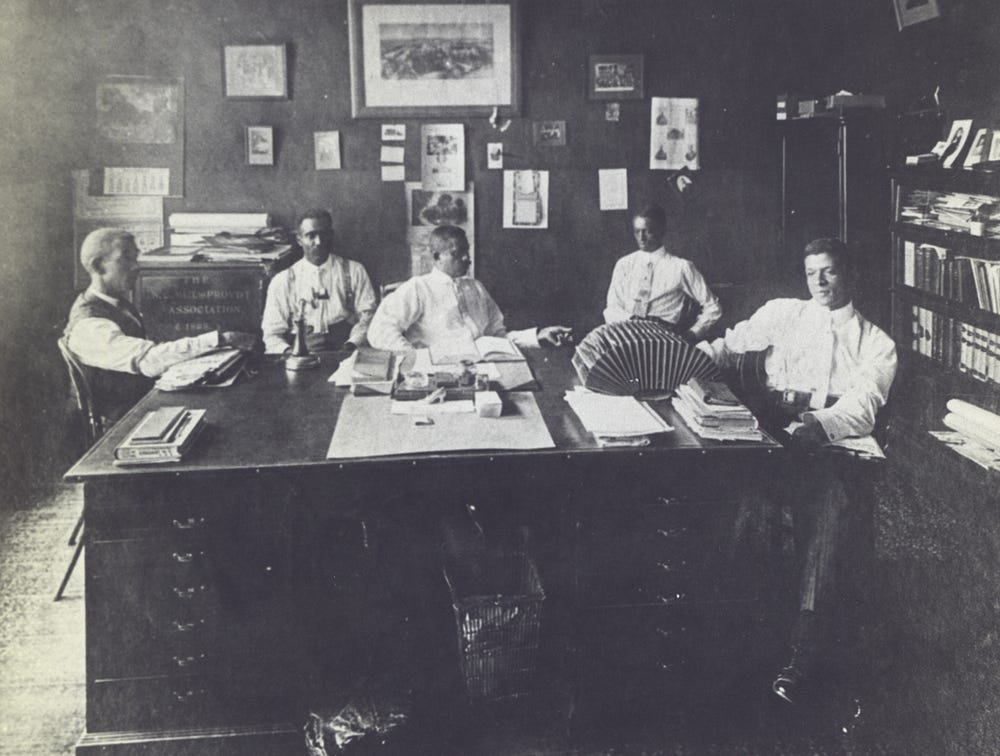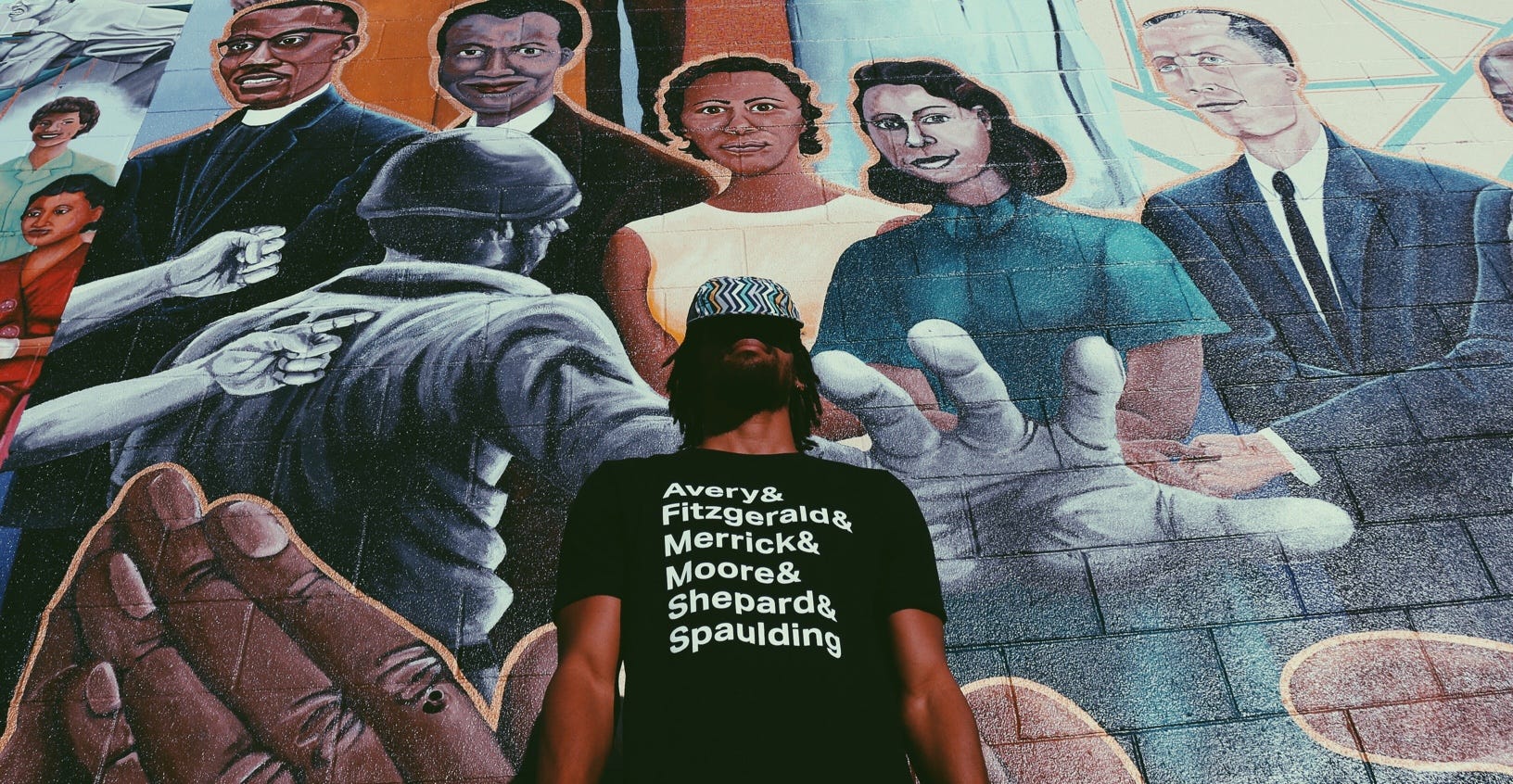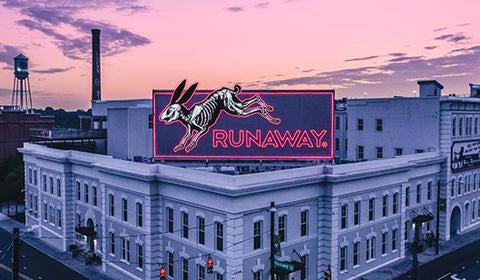Legacy of Black Wall Street Inspires a New Generation of Entrepreneurs
Posted on 12 October 2016
In the early 1900s, at the height of “Jim Crow”, Black Americans fled the South in search of better living and working conditions in the northern states. Despite racial turmoil and the subsequent exodus from places like North Carolina, Durham became the epicenter of black business in the country. Businessmen and scholars like James E. Shepard, John Merrick, and C.C. Spaulding (to name a few of the many) created nationally-acclaimed institutions in finance, education, textiles, and much more. The district these businesses called home would become known as “Black Wall Street” and Durham the “Capital of the Black Middle Class” by well-known visitors Booker T. Washington and W.E.B. Dubois.

In his essay entitled “The Upbuilding of Black Durham,” Dubois illustrates how this was possible at a time when racism was still overwhelming throughout the country:
If, now, we were considering a single group, geographically isolated, this story might end here. But never forget that Durham is in the South and that around these 5,000 Negroes are twice as many whites who own most of the property, dominate the political life exclusively, and form the main current of social life. What now has been the attitude of these people toward the Negroes? In the case of a notable few it has been sincerely sympathetic and helpful, and in the case of a majority of the whites it has not been hostile. Of the two attitudes, great as has undoubtedly been the value of the active friendship of the Duke family, General Julian S. Carr, and others, I consider the greatest factor in Durham’s development to have been the disposition of the mass of ordinary white citizens of Durham to say: “Hands off — give them a chance — don’t interfere.”
Relationships forged within the leaders of the black community, as well as prominent figures like Washington Duke, made it possible for Durham’s community to excel in business diversity long before it became a header on your weekly Powerpoint. This set Durham apart as a progressive bubble within the region that still exists today.

Urban renewal (among other forces of nature) eventually eroded the larger BWS/Hayti community, but the success garnered from institutions like Mechanics & Farmers Bank and NC Mutual Life Insurance Company built a legacy that is, like many parts of downtown Durham, experiencing a renaissance. American Underground and Black Wall Street: Homecoming aim to take advantage of that momentum.
This week, American Underground hosts 12 Black startup founders and their companies to downtown Durham as part of the Google For Entrepreneurs (GFE) Exchange series. The week-long immersion program facilitates “bridging the gap between startups, experts and new markets” with the focus for AU specifically on Black-led startups. The program compliments diversity initiatives already in place at AU including Code the Dream and the CODE2040 entrepreneur-in-residence.
Black Wall Street: Homecoming returns for its second year to Durham as a three-day summit that pays homage to Durham’s historic entrepreneurial roots, as well as connects the full spectrum of founders, investors and students through conversations about business, innovation, and diversity which are at the centerpiece of the programming.
On Thursday night, the Black Wall Street community celebrates with the legendary Pete Rock, Rapper Big Pooh (Little Brother), Supastition and Skyzoo at Motorco Music Hall for a night of ill lyricism and raw beats. Show starts at 9pm.
Check out the full schedule of all the BWS: Homecoming programming on their website. Tickets are still available.
RUNAWAY is proud of its entrepreneurial roots here in Durham. Diversity and inclusion are pillars of our core values, and Black Wall Street exemplifies how diverse communities can achieve great things through collaboration. We are inspired by the work of our predecessors and celebrate this history with our Black Wall Street capsule collection, which is available on our website.



0 comments